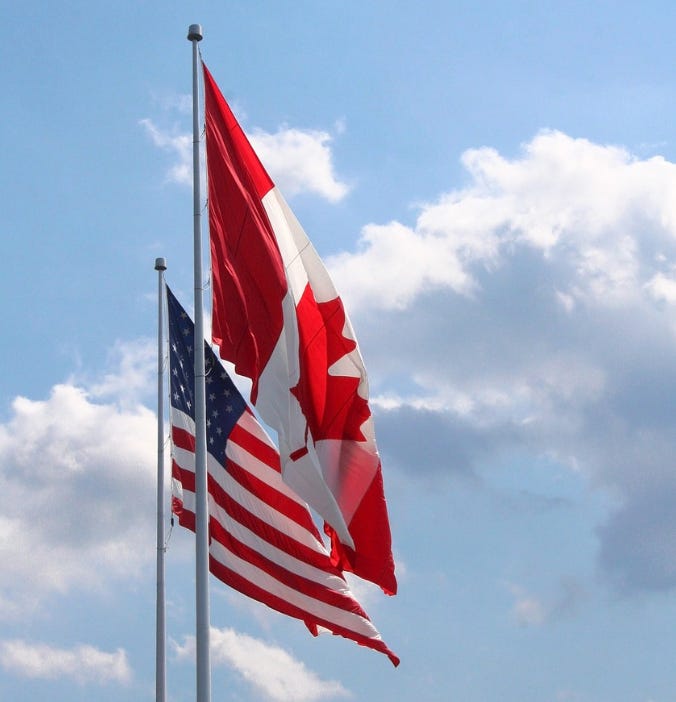Canada Unveils Border Security Bill: What It Means for Vermont
Of particular interest to Vermont are the proposed enhancements to fentanyl interdiction.
As Canada prepares to strengthen its border security and crack down on the flow of fentanyl and other contraband, Vermonters are watching closely. The new federal legislation, expected to be introduced today by Canadian Public Safety Minister Gary Anandasangaree, could have meaningful cross-border implications for communities and law enforcement agencies in northern New England.
Key Elements of the Canadian Proposal:
Enhanced Surveillance: Canada plans to expand 24/7 surveillance along its southern border — which stretches for hundreds of miles along Vermont — using helicopters, drones, and fixed surveillance towers.
New Enforcement Tools: Police and intelligence agencies will receive new powers aimed at stopping the flow of fentanyl, its chemical precursors, and other illicit drugs.
Export Crackdown: The Canada Border Services Agency will gain authority to inspect outbound goods, a measure designed to curb the export of stolen vehicles and illegal merchandise.
Joint U.S.-Canada Operations: A North American “joint strike force” is in the works to combat transnational organized crime that operates across the border.
Why Vermont Should Pay Attention:
Vermont shares a 90-mile border with Quebec — a region where cross-border cooperation is essential. Local law enforcement, U.S. Customs and Border Protection, and state officials have long worked with Canadian counterparts to stop drug trafficking and unauthorized border crossings. The new Canadian measures could bolster those efforts.
Of particular interest to Vermont are the proposed enhancements to fentanyl interdiction. Vermont, like many northeastern states, continues to face a deadly opioid crisis — with fentanyl playing a leading role in overdose deaths. Strengthening the northern line of defense may help slow the flow of precursor chemicals and trafficked substances heading south.
U.S.-Canada Trade and Politics in the Background:
The Canadian government’s move is also seen as a political signal to former President Donald Trump, who has accused Canada of failing to stop fentanyl shipments and unauthorized migration. His administration had threatened tariffs on Canadian goods as a result. The bill may be aimed, in part, at preserving favorable trade conditions by demonstrating tougher border enforcement.
As Vermont maintains strong social and economic ties with Quebec, changes in Canadian border policy have ripple effects throughout the state — from the safety of rural border towns to the stability of cross-border commerce.
This report is based on information from The Canadian Press and additional reporting.


